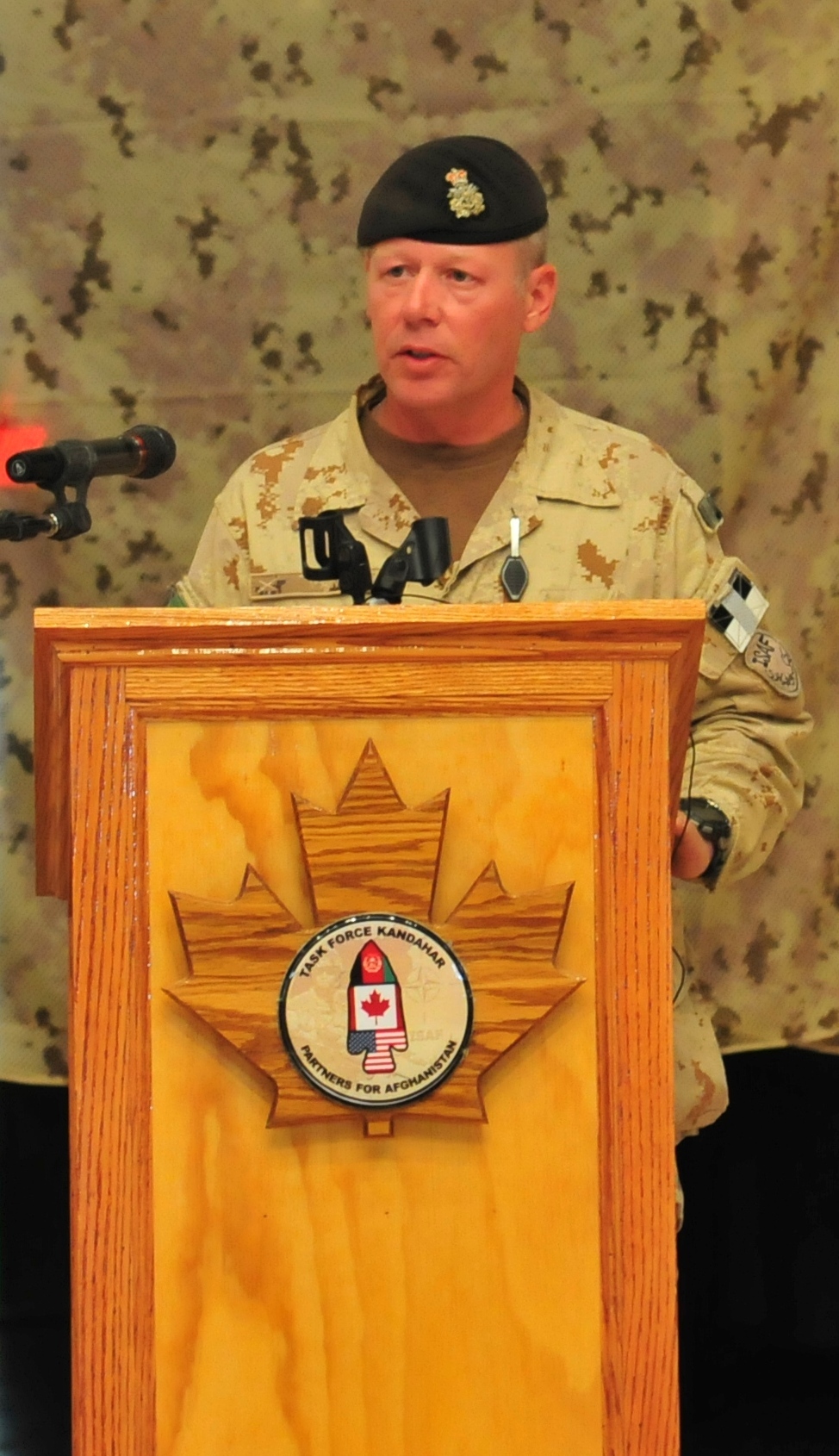
OTTAWA — Gen. Jonathan Vance tried to arrange a “discreet” meeting with suspended Vice-Admiral Mark Norman to discuss the future just weeks before Norman was charged by the RCMP, newly released emails show.
Norman was initially open to the idea of sitting down with the chief of the defence staff in February, but the meeting did not happen and subsequent emails suggest it was Norman who called it off.
The correspondence between the military’s top two officers was obtained through access-to-information legislation and comes amid expectations that Norman will be permanently shuffled out of his position as the military’s second-in-command.
Appointed vice-chief of the defence staff in August 2016, Norman was suspended five months later and charged this past March with one count of breach of trust for allegedly leaking cabinet secrets to a Quebec shipyard.
The veteran naval officer has denied any wrongdoing and has said he plans to fight the charge in court.
Several other senior officers have served as the acting vice-chief of defence in Norman’s absence, but there have been questions inside and outside the Forces about the long-term impact of that arrangement.
Canadian Army commander Lt.-Gen. Paul Wynnyk has been tapped to take over as the third acting vice-chief of defence since Norman’s suspension, but appears poised to instead replace Norman permanently this summer.
Vance, who has been in regular email contact with Norman since the latter’s suspension, first broached the subject of a face-to-face meeting on Jan. 28, as the defence chief prepared for a trip to Japan.
“I would like to sit down with you shortly after I get back,” Vance wrote. “Purpose would be to take stock, discuss future and address any matters you think we should (discuss) — essentially an update from our telephone call in June.”
The defence chief added that his office would set up the meeting “such that it is discreet and dignified.”
The two military officers continued to exchange emails about a sit-down at National Defence headquarters on Feb. 12 around 7 p.m., after most staff had gone home.
“I will meet you in person at the VIP entrance and take you right to my office,” Vance wrote on Feb. 4.
“Again, would plan on seeing how you are doing and how I can help, what you want me to think about going forward and discussion about the GOFO plot,” a reference to the detailed planning that goes into senior appointments in the military.
But while Norman initially agreed, subsequent emails show that the meeting did not happen.
Exactly why isn’t clear. Two days before the rendezvous, Norman sent Vance a message that was almost entirely redacted by access-to-information co-ordinators at the Department of National Defence.
Most of Vance’s response is similarly blacked out, though he does add that he remains “fully available to you should you wish to meet, or even by phone.” Another message a few weeks later confirms the Feb. 12 meeting was cancelled.
Vance’s office declined to discuss the defence chief’s request to meet with Norman, citing the ongoing court case. Norman’s lawyer, Marie Henein, did not respond to several requests for comment.
Despite not meeting in person, the emails do show that the two military officers remained in contact even after Norman was charged by the RCMP, including through at least one phone call and two formal letters from Vance to his deputy.
The letters, dated March 16 — the day of the phone call — and April 11, were withheld in their entirety.
The RCMP’s case against Norman revolves around the newly elected Liberal government’s decision in November 2015 to reconsider a $700-million contract the Harper Conservatives had awarded to Quebec-based Davie Shipbuilding.
The contract was to convert a civilian vessel, the MV Asterix, into a temporary resupply ship that would be leased for five years, with another five-year option, until permanent replacements could be built in Vancouver.
While the plan to revisit the contract was supposed to remain secret, court documents released last year show the RCMP suspected Norman of being upset with the decision and worried the government would cancel the project.
Norman was commander of the navy at the time and, according to the documents, allegedly worked with Davie to try to pressure the government to stick with the project.
None of the allegations against Norman has been tested in court.
The Liberals ultimately decided to proceed with the project; the MV Asterix is now being used by the navy while Davie is poised to provide several used icebreakers to the Canadian Coast Guard.